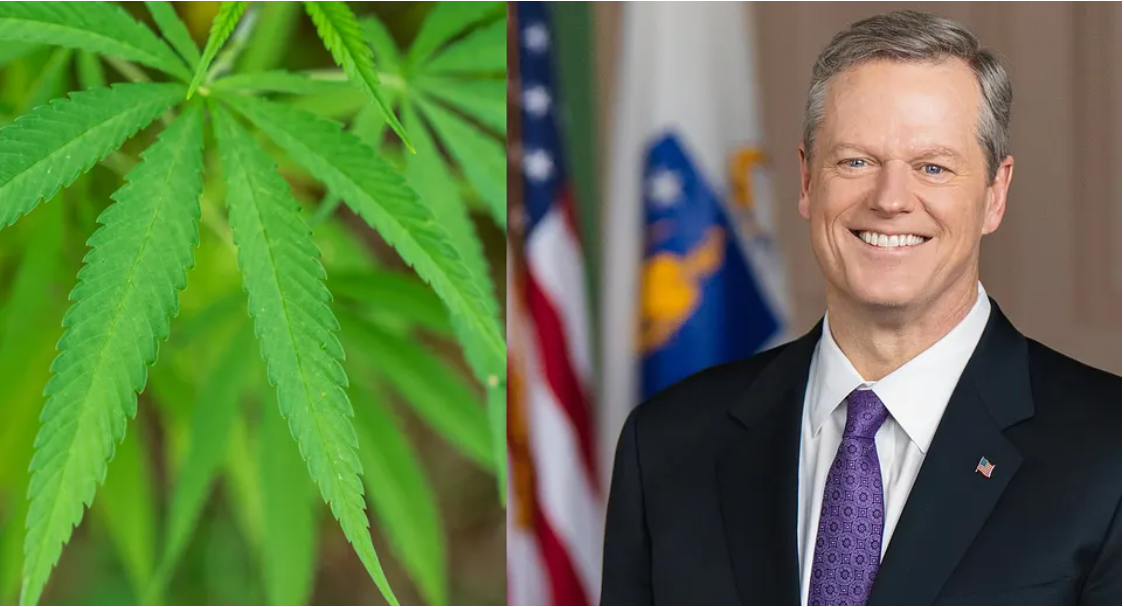With the pilot program now off the table, Camargo said commissioners are inviting public outreach on social consumption before it dives into the formal regulatory process. She said they’ll talk to officials from other states where marijuana is legal and host listening sessions, including a virtual one coming up in June.










